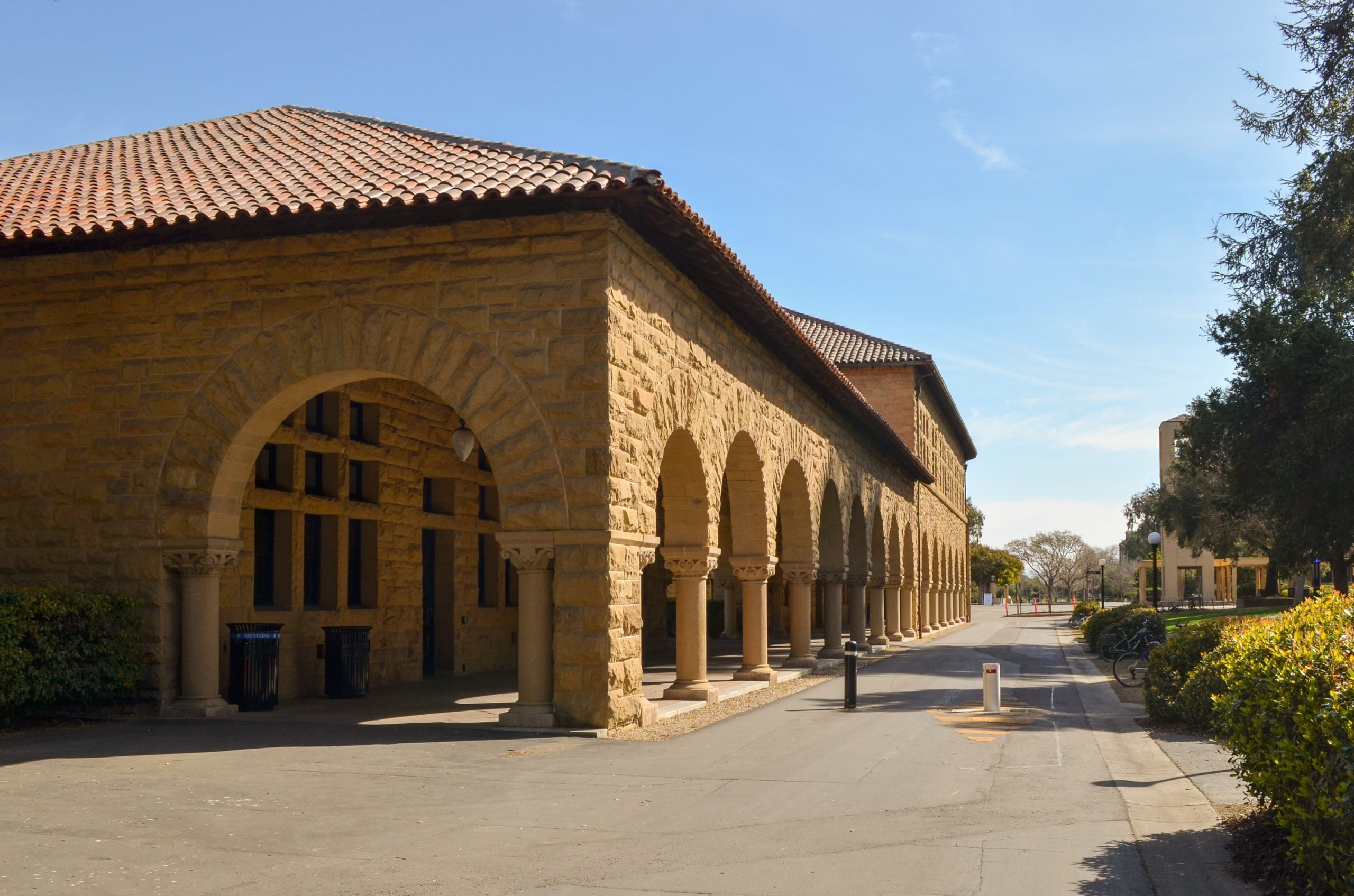As someone accused of being one the “worst racists” on campus (“Ph.D. student testifies before Congress on antisemitism at Stanford”), the Daily reached out to me for comment but scarcely used anything I gave them in response. So I asked to be able to more fully represent my reaction in this opinion piece.
In his testimony to Congress, Mr. Figelis cited one of my social media posts, which reads, “When Zionists say they don’t feel ‘safe’ on campus I’ve come to see that as they no longer feel immune from criticism of Israel.” His testimony for Congress included this question: “Should any professor be allowed to celebrate the lack of safety of any student, regardless of how that student identifies?”
Feigelis distorts my statement in two ways. First, I do not “celebrate” any student’s lack of safety — my comment specifically regards a student’s “feeling” of lack of safety. Second, I am not even “celebrating” that feeling of lack of safety: I am saying that if one feels “safe” only when unchallenged in defending Israel and, conversely, “unsafe” because more and more people — not just at Stanford, and not just in the U.S., but globally — are vociferously criticizing what the International Court of Justice determined to be Israel’s “plausible case of genocide,” then one might want to brace oneself for more discomfort, because world opinion is changing. In the recent advisory hearings at the ICJ, only one country of the 50 that spoke asserted that Israel’s occupation was legal, and that country was not even the United States — it was Fiji.
To attack critics of Israel with the label “antisemite” also carries its own dangers — it not only evacuates the term of its legitimacy and power, it also distracts our attention from authentic antisemitism, which must be fought. Bernie Steinberg, executive director of Harvard Hillel from 1993 to 2010 wrote:
Let me be clear: Antisemitism in the U.S. is a real and dangerous phenomenon, most pressingly from the alt-right white-supremacist politics that have become alarmingly mainstream since 2016. To contend against these and other antisemitic forces with clarity and purpose, we must put aside all fabricated and weaponized charges of “antisemitism” that serve to silence criticism of Israeli policy and its sponsors in the U.S. As a Jewish leader, I say: Enough.
Rather than using the occasion to sling mud at me in absentia before the Congressional choir, Mr. Feigelis might have attempted a more challenging task. If he believes critics of Israel deserve to be denounced and silenced as “antisemites,” then does it not behoove him to explain why Israel should not be criticized? In today’s political environment, denouncing criticism of Israel as “antisemitism” is like shooting fish in a barrel. The Ph.D. students might more usefully spend their time elaborating a defense of Israel’s killing of over 30,000 Palestinians, including 12,000 Palestinian children, some 8,000 Palestinian women and 10,000 men, by means of bombing, shooting and starvation. He should explain why such atrocities are acceptable to him.
The bottom line is this: it doesn’t matter who is perpetrating the genocide that is unfolding before our eyes — it is not only our right, it is in fact our obligation to criticize them in the strongest terms possible. The charge of “antisemitism” seeks to deflect attention to the criminality of the State of Israel, and it is rapidly losing traction.
David Palumbo-Liu is the Louise Hewlett Nixon Professor and comparative literature professor at Stanford.
